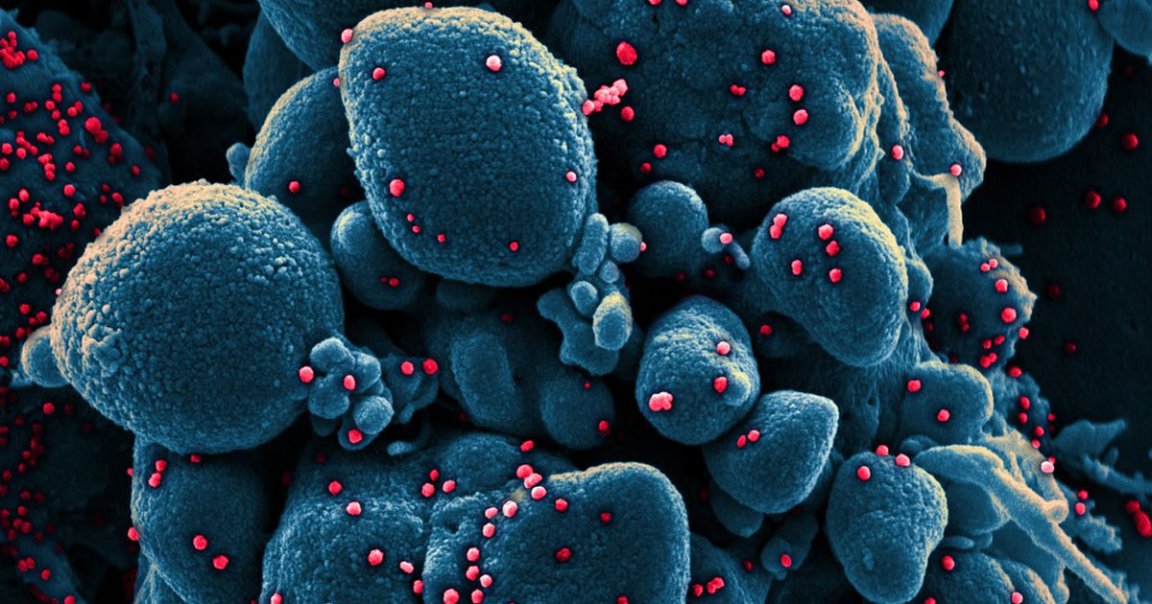
Two independent studies have identified a useful tool for stopping the coronavirus: humid air.
According to the research, dry air not only hampers our lungs’ ability to clear out respiratory viruses like SARS-CoV-2, but also makes it harder for our immune systems to fight it off once we’ve been infected, Newsweek reports.
And on the contrary, relative humidity between 40 and 60 percent seems to make it much harder for the coronavirus to take hold — an epidemiological clue that we could weaponize against the virus.
“We spend 90 percent of our lives indoors, where the air is very dry in the winter,” Yale immunobiologist Akiko Iwasaki, who led one of the studies, told Newsweek. “That’s exactly when the virus best survives and transmits.”
Iwasaki collaborated with Swiss physician Walter Hugentobler, who noticed that pilots and flight attendants caught the flu at unusually-high rates, eventually linking the phenomenon to extremely-dry cabin air, according to Newsweek. More recently, MIT engineer Hazhir Rahmandad found that COVID-19 spread more rapidly in dry regions of Iran than those with greater humidity.
While the news seems to indicate that the pandemic may drop off during the summer, government leaders and the public could take that as a sign to relax protective lockdown measures and return to normal life. If that happens, Newsweek theorizes that there could be even greater spikes and outbreaks when the air dries out again.
But in the meantime, Iwasaki told Newsweek she’s lobbying the World Health Organization to call for greater indoor humidification as a protective measure, especially in places like nursing homes — but the organization has yet to respond.